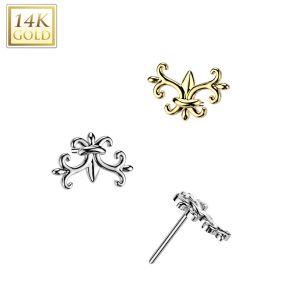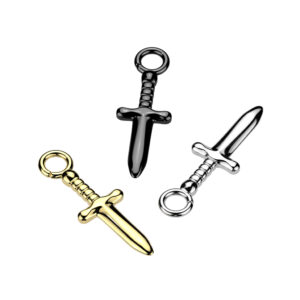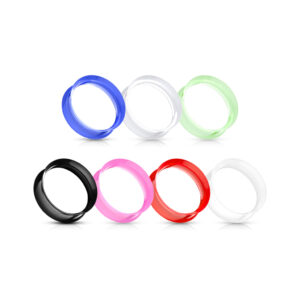PIERCING AFTERCARE & JEWELLERY GUIDES
Respect the process. Trust the healing. Keep it hype.
At More Than Hype, we don’t just pierce — we educate. Whether it’s your first piercing or your tenth, proper aftercare and choosing the right jewellery make all the difference. This page is your go-to guide to healing right and keeping your piercings looking clean, fresh, and unapologetically bold.
PIERCING AFTERCARE
Healing is part of the art. Here’s how to treat your piercing with the care it deserves:
Clean twice daily with a sterile saline solution or a piercing-safe spray.
Hands off! Avoid touching or twisting your jewellery.
Avoid submersion in pools, oceans, or baths during healing.
No harsh products like alcohol, hydrogen peroxide, or ointments.
Stay aware of signs of irritation or infection — if unsure, reach out to us.
Healing times vary by piercing, we break them down for you in our full Aftercare Guide PDF.

This aftercare sheet is given to you as a written reminder and reference to the advised aftercare for your new piercing. As piercings involve breaking the surface of your skin there is always a potential risk of infection. Your piercing should be treated as a wound initially and it is vitally important that you follow aftercare advice so that the risk for infection is minimised .
BODY JEWELLERY MATERIALS
Various materials are used in our jewellery. If you are unsure of a specific term, you may refer here.
Titanium 6AL-4V-ELI Titanium is ideal for both initial body piercing and healed piercings. Grade Ti6AL-4V Titanium is biocompatible and has been used since the 1950‘s for medical implants. It is available in Highly Polished or Anodised Colours. Titanium is only half the weight of steel and twice as strong.
Surgical Steel 316 SS316L is a surgical implant grade, which is the most used material for Body Jewelry. The two most common standards that apply to body jewelry made of steel are ASTM F138 and ISO 5832-1 which describe the qualities of steel for surgical implants. The element in stainless steel that causes allergic reactions in some people is nickel. Polishing the jewelry to a mirror like luster results in a protective layer of chromium oxide, which reduces the release of the Nickel content into the tissue.
PVD Plating Black PVD (Physical Vapour Desposition), 24K real Gold and Rose Gold coating is applied onto jewelry. The Jewelry is coated in a heated chamber under high vacuum. Electric voltage applied will form a plasma in the chamber and the introduction of various gases produces an ion bombardment. This bombardment atomizes the cathode material into tiny substances, which are deposited on the jewelry. The result is a hardened layer, which is biocompatible.
Enamel Enamel resin, also called „epossodic resin“, has various outstanding properties: It is smooth, hard, chemically resistant, durable, scratch resistant, long-lasting color, easy-to-clean, and connot burn. When it hardens, it creates a smooth, durable coating on metals. Enamel is not paint, so it does not fade with UV light.
Acrylic Acrylic is also available either as “UV reactive” (black light) or as “Glow in the dark”. Acrylic is not autoclavable and may crack if soaked in disinfectant chemicals like alcohol or similar. It’s not suitable for initial piercing.
Bioplast® BIOPLAST® is biocompatible and flexible. Ideal for place holders for piercings if undergoing surgical procedures and ideal for school-goers as it is clear. The healing process with BIOPLAST® may be faster than with other materials. No allergic reaction.
Organics Organic body jewelry is made from various natural materials like water buffalo horn, water buffalo bone and wood. Organic materials were used historically by many cultures. These are not recommended for fresh or healing piercings.
Solid Gold Gold is considered as one of the most precious metals in the world and is not ideal for initial piercings. Gold higher than 18k is too soft for body jewelry because it can easily be scratched.




